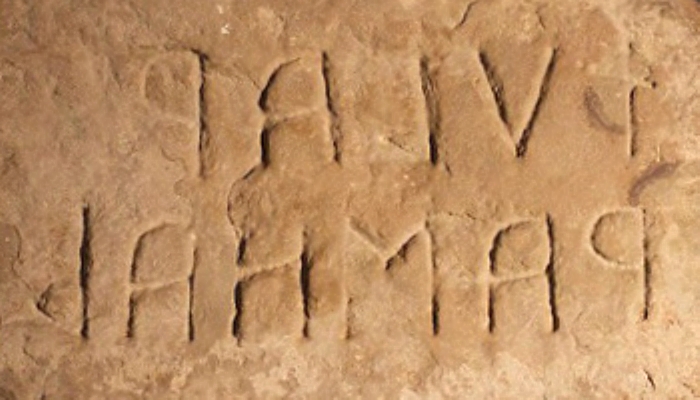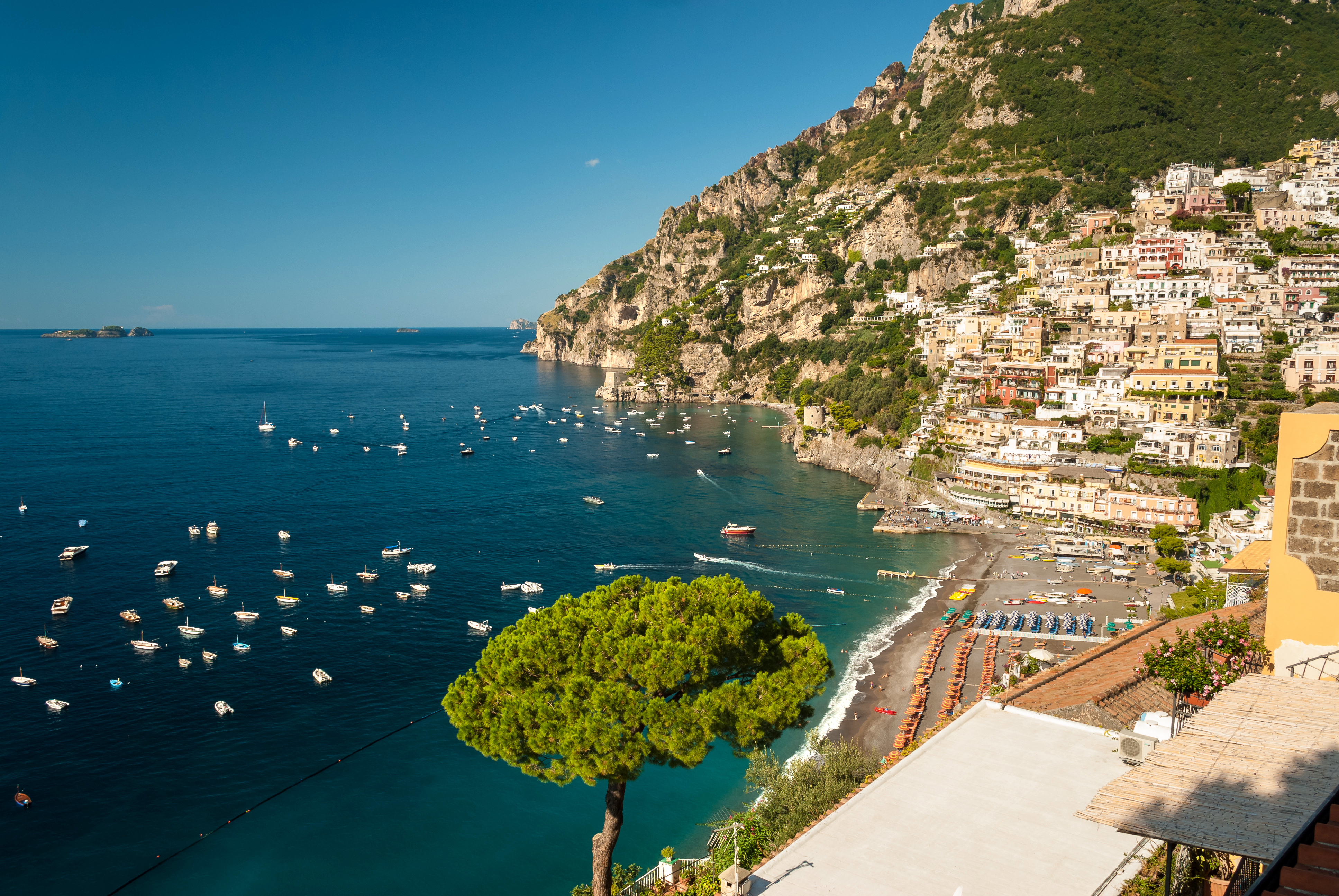|
Tyrrhenian (other)
Tyrrhenian may refer to the: * Tyrrhenian Stage, a faunal stage from 0.26 to 0.01143 million years ago * Tyrrhenians, an ancient ethnonym associated with the Etruscans * Tyrrhenian Sea * Tyrrhenian Basin * Tyrrhenian languages See also * * Tyrrhenia (other) * Etruscan (other) aka Tyrrhenian * Etrurian (other) Etrurian may refer to: *The Etrurian language, an extinct language in ancient Italy *Something derived from or related to Etrurian civilization ** Etrurian architecture ** Etrurian art ** Etrurian cities ** Etrurian coins ** Etrurian history ** ... aka Tyrrhenian * Tyrsenian (other) aka Tyrrhenian {{disambig ... [...More Info...] [...Related Items...] OR: [Wikipedia] [Google] [Baidu] |
Tyrrhenian Stage
The Tyrrhenian Stage is the last faunal stage of the Pleistocene in Italy. It runs from 0.26 million (260,000) to 0.01143 million (11,430) years ago. It overlaps with the end of the Middle Pleistocene and all of the Late Pleistocene. The time period of the Tyrrhenian Stage is the same as that of the Senegalese fauna assemblage.Hearty, P.J. and Pra, G. Dai (2003) "Comment on: "The age of Late Pleistocene shorelines and tectonic activity of Taranto area, southern Italy" by G. Bellouomini ... [...More Info...] [...Related Items...] OR: [Wikipedia] [Google] [Baidu] |
Tyrrhenians
Tyrrhenians (Attic Greek: ''Turrhēnoi'') or Tyrsenians ( Ionic: ''Tursēnoi''; Doric: ''Tursānoi'') was the name used by the ancient Greeks authors to refer, in a generic sense, to non-Greek people, in particular pirates. While ancient sources have been interpreted in a variety of ways, the Greeks always called the Etruscans Tyrsenoi, although not all Tyrsenians were Etruscans. Furthermore the languages of Etruscan, Rhaetian and Lemnian cultures have been grouped together as the Tyrsenian languages, based on their strong similarities. Earliest references The names are believed to be exonyms, only known to have been used by authors of Ancient Greek, though their origin is uncertain and apparently not Greek. They have been connected to τύρσις (''túrsis''), also a "Mediterranean" loan into Greek, meaning " tower". Direct connections with '' Tuscī'', the Latin exonym for the Etruscans, from *''Turs-ci'', have also been attempted. The French linguist Françoise ... [...More Info...] [...Related Items...] OR: [Wikipedia] [Google] [Baidu] |
Ethnonym
An ethnonym () is a name applied to a given ethnic group. Ethnonyms can be divided into two categories: exonyms (whose name of the ethnic group has been created by another group of people) and autonyms, or endonyms (whose name is created and used by the ethnic group itself). For example, the dominant ethnic group of Germany is the Germans. The ethnonym ''Germans'' is a Latin-derived exonym used in the English language, but the Germans call themselves , an endonym. The German people are identified by a variety of exonyms across Europe, such as (French language, French), (Italian language, Italian), (Swedish language, Swedish) and (Polish language, Polish). As a sub-field of anthroponymy, the study of ethnonyms is called ethnonymy or ethnonymics. Ethnonyms should not be confused with demonyms, which designate all the people of a geographic territory, regardless of ethnic or linguistic divisions within its population. Variations Numerous ethnonyms can apply to the same ethni ... [...More Info...] [...Related Items...] OR: [Wikipedia] [Google] [Baidu] |
Etruscans
The Etruscan civilization ( ) was an ancient civilization created by the Etruscans, a people who inhabited Etruria in List of ancient peoples of Italy, ancient Italy, with a common language and culture, and formed a federation of city-states. After adjacent lands had been conquered its territory covered, at its greatest extent, roughly what is now Tuscany, western Umbria and northern Lazio, as well as what are now the Po Valley, Emilia-Romagna, south-eastern Lombardy, southern Veneto and western Campania. A large body of literature has flourished on the origins of the Etruscans, but the consensus among modern scholars is that the Etruscans were an indigenous population. The earliest evidence of a culture that is identifiably Etruscan dates from about 900 BC. This is the period of the Iron Age Villanovan culture, considered to be the earliest phase of Etruscan civilization, which itself developed from the previous late Bronze Age Proto-Villanovan culture in the same region, p ... [...More Info...] [...Related Items...] OR: [Wikipedia] [Google] [Baidu] |
Tyrrhenian Sea
The Tyrrhenian Sea (, ; or ) , , , , is part of the Mediterranean Sea off the western coast of Italy. It is named for the Tyrrhenians, Tyrrhenian people identified with the Etruscans of Italy. Geography The sea is bounded by the islands of Corsica and Sardinia (to the west), the Italian Peninsula (regions of Tuscany, Lazio, Campania, Basilicata, and Calabria) to the north and east, and the island of Sicily (to the south). The Tyrrhenian Sea also includes a number of smaller islands like Capri, Elba, Ischia, and Ustica. The maximum depth of the sea is . The Tyrrhenian Sea is situated near where the African Plate, African and Eurasian Plates meet; therefore mountain chains and active volcanoes, such as Mount Marsili, are found in its depths. The eight Aeolian Islands and Ustica are located in the southern part of the sea, north of Sicily. Extent The International Hydrographic Organization defines the limits of the Tyrrhenian Sea as follows: * In the Strait of Messina: A line ... [...More Info...] [...Related Items...] OR: [Wikipedia] [Google] [Baidu] |
Tyrrhenian Basin
The Tyrrhenian Basin is a sedimentary basin located in the western Mediterranean Sea under the Tyrrhenian Sea. It covers a 231,000 km2 area that is bounded by Sardinia to the west, Corsica to the northwest, Sicily to the southeast, and peninsular Italy to the northeast. The Tyrrhenian basin displays an irregular seafloor marked by several seamounts and two distinct sub-basins - the Vavilov and Marsili basins. The Vavilov deep plain contains the deepest point of the Tyrrhenian basin at approximately 3785 meters. The basin trends roughly northwest–southeast with the spreading axis trending northeast–southwest. Regional geologic setting The Tyrrhenian basin is located in a geologically complex portion of the Mediterranean Sea. The basin is partially encircled by several orogenic belts, including the Apennines to the northeast, the Alps to the north, and the Atlas Mountains to the southwest. It is also bounded by a convergent boundary and associated trench to the southeast. ... [...More Info...] [...Related Items...] OR: [Wikipedia] [Google] [Baidu] |
Tyrrhenian Languages
Tyrsenian (also Tyrrhenian or Common Tyrrhenic), named after the Tyrrhenians (Ancient Greek, Ionic: ''Tyrsenoi''), is an extinct family of closely related ancient languages put forward by linguist Helmut Rix in 1998, which consists of the Etruscan language of northern, central and south-western Italy, and eastern Corsica (France); the Raetic language of the Alps, in northern Italy and Austria, named after the Rhaetian people; and the Lemnian language attested in Lemnos in the northern Aegean Sea. Camunic in northern Lombardy, between Etruscan and Raetic, may belong to the family as well, but evidence of such is limited. The Tyrsenian languages are generally considered Pre-Indo-European, and more specifically Paleo-European. Classification In 1998 the German linguist Helmut Rix proposed that three then unclassified ancient languages belonged to a common linguistic family he called ''Tyrrhenian'': the Etruscan language spoken in Etruria, the Raetic language of the Eas ... [...More Info...] [...Related Items...] OR: [Wikipedia] [Google] [Baidu] |
Tyrrhenia (other)
Tyrrhenia may refer to: * Tyrrhenia aka Etruria or Tyrsenia, the land of the Etruscans, a pre-Indo-European-speaking people on the Italic peninsula, that was subsumed into the growing Roman Republic. ** An era of Etruria, see List of Iron Age states * Tyrrhenian Sea, part of the Mediterranean, between the Italian mainland, Sicily, Corsica, and Sardinia * (1920-1940), British oceanliner * A subgenus of Nebria containing: ** Nebria apuana ** Nebria eugeniae ** Nebria fulviventris ** Nebria lareyniei ** Nebria orsinii ** Nebria reymondi ** Nebria rubicunda rubicunda ** Nebria testacea ** Nebria uluderensis ** Nebria vanvolxemi See also * Tyrrhenian (other) * Tyrsenian (other) aka Tyrrhenian * Etruscan (other) aka Tyrrhenian * Etrurian (other) Etrurian may refer to: *The Etrurian language, an extinct language in ancient Italy *Something derived from or related to Etrurian civilization ** Etrurian architecture ** Etrurian art ** Et ... [...More Info...] [...Related Items...] OR: [Wikipedia] [Google] [Baidu] |
Etruscan (other)
__NOTOC__ Etruscan may refer to: Ancient civilization *Etruscan civilization (1st millennium BC) and related things: **Etruscan language ** Etruscan architecture **Etruscan art **Etruscan cities **Etruscan coins **Etruscan history **Etruscan mythology ** Etruscan numerals ** Etruscan origins ** Etruscan society **Etruscan terracotta warriors Biological taxa * Etruscan bear (''Ursus etruscus'', extinct) *Etruscan honeysuckle (''Lonicera etrusca'') *Etruscan shrew (''Suncus etruscus'', white-toothed pygmy shrew) Other uses *''The Etruscan'', a novel *Etruscan Press, a publisher *Etruscan Resources, a mining company See also *Etrurian (other) *Toscano (other) *Tuscan (other) *Tuscany (other) Tuscany is one of the 20 regions of Italy. Tuscany or Tuscani may also refer to: Places *Grand Duchy of Tuscany, the government of the Italian region from 1569 to 1859 * Tuscany, Calgary, Canada ** Tuscany (C-Train), a light rail station * Tuscany ... {{d ... [...More Info...] [...Related Items...] OR: [Wikipedia] [Google] [Baidu] |
Etrurian (other)
Etrurian may refer to: *The Etrurian language, an extinct language in ancient Italy *Something derived from or related to Etrurian civilization ** Etrurian architecture ** Etrurian art ** Etrurian cities ** Etrurian coins ** Etrurian history ** Etrurian mythology ** Etrurian numerals ** Etrurian origins ** Etrurian society ** Etrurian terracotta warriors ** Etrurian military history See also * Etruria (other) * Etruscan (other) aka Etrurian * Tyrsenian (other) aka Etrurian * Tyrrhenian (other) aka Etrurian {{disambiguation ... [...More Info...] [...Related Items...] OR: [Wikipedia] [Google] [Baidu] |


